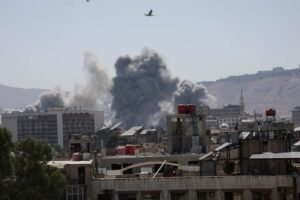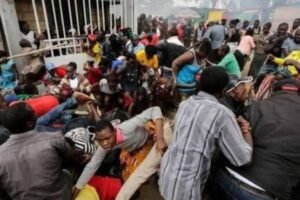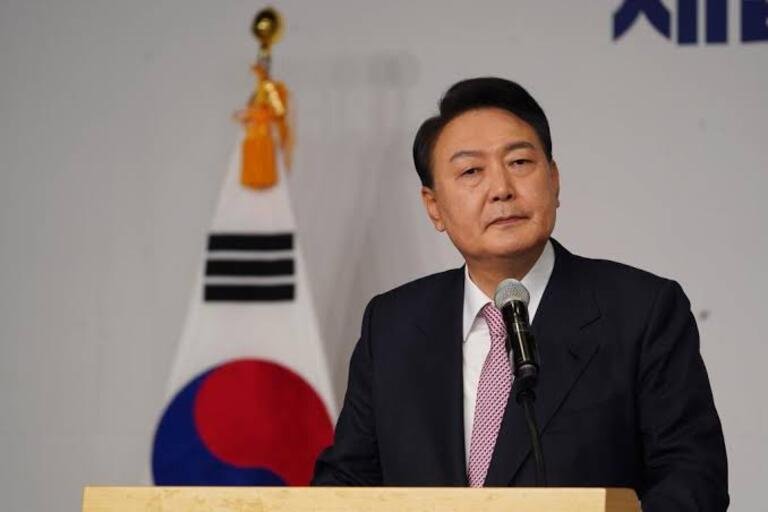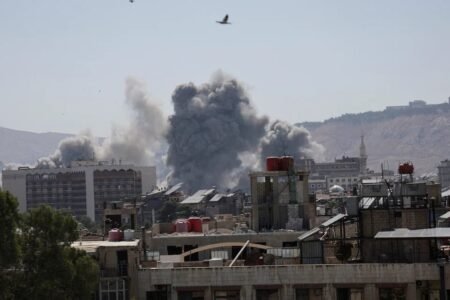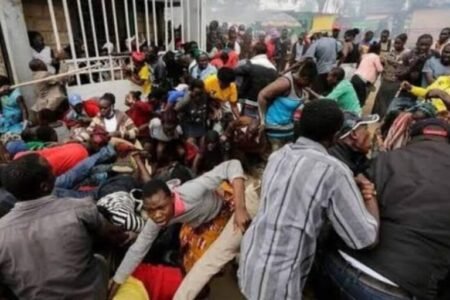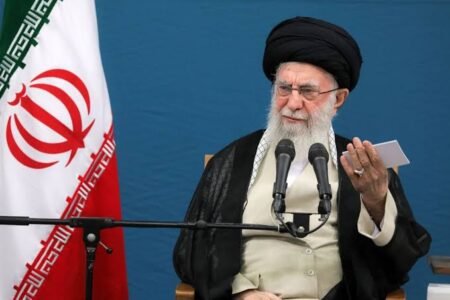South Korea’s President Yoon Suk Yeol was banned from leaving the country on Monday, less than a week after briefly imposing martial law.
Yoon sent special forces and helicopters to parliament on the night of December 3 before lawmakers forced him to rescind the order by rejecting his decree.
The leader is widely unpopular and narrowly survived an impeachment motion in parliament on Saturday, despite large crowds.
Despite remaining in government, Yoon and his close friends have faced a slew of probes, including one into possible mutiny.
The Ministry of Justice revealed on Monday that Yoon had become the first sitting South Korean president barred from leaving the nation.
A politician was questioned at a parliamentary hearing on Monday if Yoon had been barred from leaving the country. “Yes, that’s correct,” Bae Sang-up, an immigration services commissioner at the ministry, said.
Former defence minister Kim Yong-Hyun, who is presently detained, and ex-interior minister Lee Sang-min have also been barred from travelling as a result of their roles in last week’s events.
General Park An-su, the person in charge of the martial law operation, and defence counterintelligence chief Yeo In-hyung are both forbidden from leaving the country.
On Monday, investigators brought Park in for more interrogation.
The impeachment attempt failed because members of Yoon’s own People Power Party (PPP) walked out of parliament, depriving it of the required two-thirds majority.
The PPP claims that in exchange, Yoon, 63, has agreed to delegate power to the prime minister and party president, eliciting shouts of protest from the opposition.
“This is an unlawful, unconstitutional act of a second insurrection and a second coup,” Democratic Party floor leader Park Chan-dae warned on Monday.
According to South Korea’s constitution, the president remains the head of government and commander in chief of the army unless he or she becomes incompetent, resigns, or steps down.
In such a circumstance, power would be transferred to the temporary prime minister until elections were held.
The claim that Yoon can remain in office but has delegated his responsibilities to the prime minister and head of his ruling PPP, who is not elected, is “a blatant constitutional violation with no legal basis,” according to Park.
